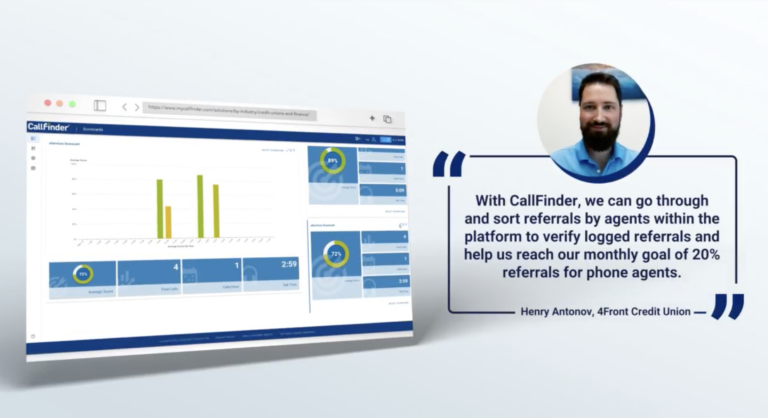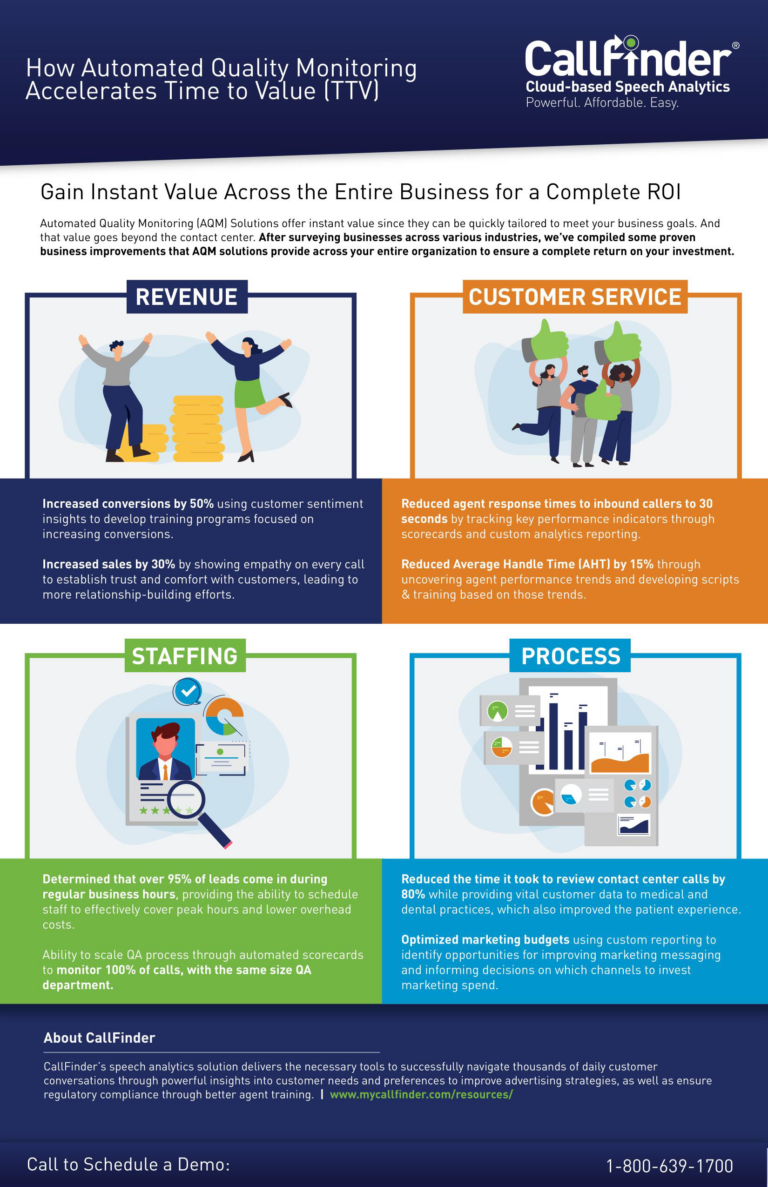The philosophy behind call quality monitoring feedback has changed over the last few years. In the past, the process was one-way (supervisor giving feedback to agent) and was consequently often viewed as punitive by the agent. The approach has changed due to the involvement of Quality Assurance, Training, and Human Resources staff in the design of monitoring programs and the coaching of supervisors on effective feedback delivery.
Imagine that you are a call center agent near the end of a busy shift. Your supervisor calls you in to a small, windowless room. You sit across from each other. She has a form in her hand that critiques a call you handled two days ago. You have handled 100 calls since then. She asks you if you remember the call. You don’t. She reviews each element of the form; telling you what you did well and not so well. She focuses on your tone, which she says was unfriendly. She has monitored a bunch of calls since she monitored yours and can’t remember (and didn’t capture) any specifics about why she thought that. You half-heartedly thank her and you both get on with your day.
Now imagine that you and your supervisor walk together to a quiet, sunny section of the call center. There is a table with side-by-side chairs. She asks you which call from earlier in the day you would like her to play. You listen to the call together. She asks you to lead the discussion. This isn’t the first feedback session with this structure, so you jump right in and identify good aspects of the call and things that could have been better. You and she complete the automated form together, reaching a consensus easily. You both head back to work, chatting about the nice weather.
It hardly needs to be pointed out that everyone–the agent, the supervisor, and most importantly future callers–is better served by the second scenario. And that is just one approach among many to make feedback sessions more effective and enjoyable.
For information about our services, please visit us here . To contact us and save yourself a click: contact_us.






